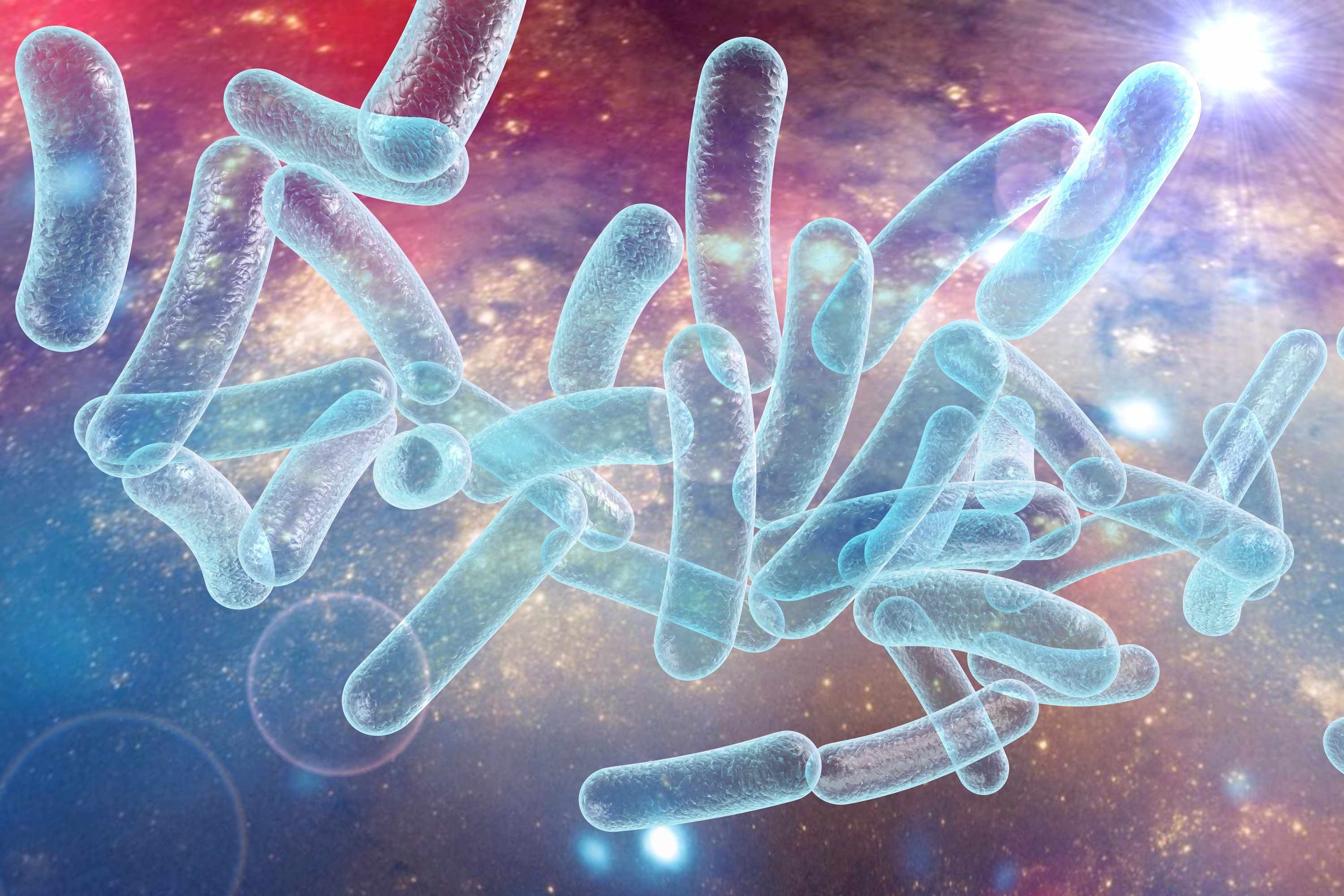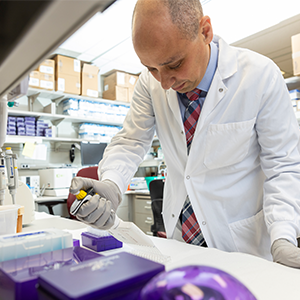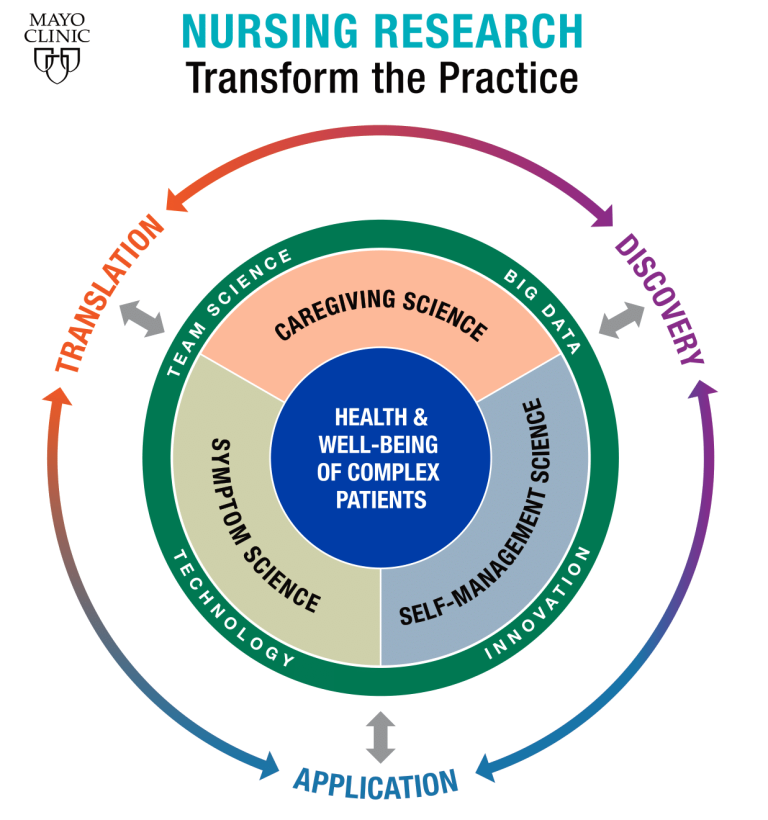-
What do you know about Legionnaires’ disease?

Cases of Legionnaires' disease have been reported in Hopkins, Minnesota. According to the Minnesota Department of Health:
__________________________________________________
Three additional cases have been confirmed, associated with an outbreak of Legionnaires' disease in Hopkins, bringing the total to 20. All of the cases, including the new ones, live, work or were otherwise in a small portion of Hopkins for another reason during the 10 days before they became ill. The 20 cases include one death. We continue to investigate potential sources of the outbreak. None has been confirmed nor ruled out at this point.
__________________________________________________
The disease is caused by bacterium called Legionella, which is found in fresh water. Symptoms include pneumonia and, in some cases, the infection can be deadly. Mayo Clinic infectious diseases specialist Dr. Pritish Tosh says, "Legionnaires' disease is usually not a problem when concentrations are low. Unless you've been directly exposed to it, you're really not at risk." He says the infection is not spread from person to person. Instead, you get it by inhaling the bacteria that's been aerosolized.
Symptoms
Legionnaires' disease usually develops two to 10 days after exposure to Legionella bacteria. It frequently begins with these signs and symptoms:
- Headache
- Muscle pain
- Chills
- Fever that may be 104 degrees Fahrenheit (40 degrees Celsius) or higher
By the second or third day, you'll develop other signs and symptoms that may include:
- Cough, which may bring up mucus and sometimes blood
- Shortness of breath
- Chest pain
- Gastrointestinal symptoms, such as nausea, vomiting and diarrhea
- Confusion or other mental changes
Although Legionnaires' disease primarily affects the lungs, occasionally, it can cause infections in wounds and in other parts of the body, including the heart.
According to the Centers for Disease Control and Prevention, outbreaks are commonly associated with buildings or structures that have complex water systems, such as hotels and resorts, long-term care facilities, hospitals, and cruise ships. The most likely sources of infection include water used for showering, hot tubs, decorative fountains and cooling towers (parts of centralized air-conditioning systems for large buildings).







